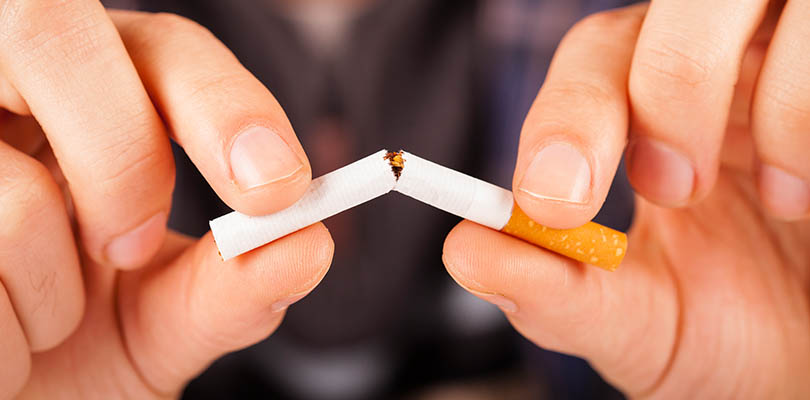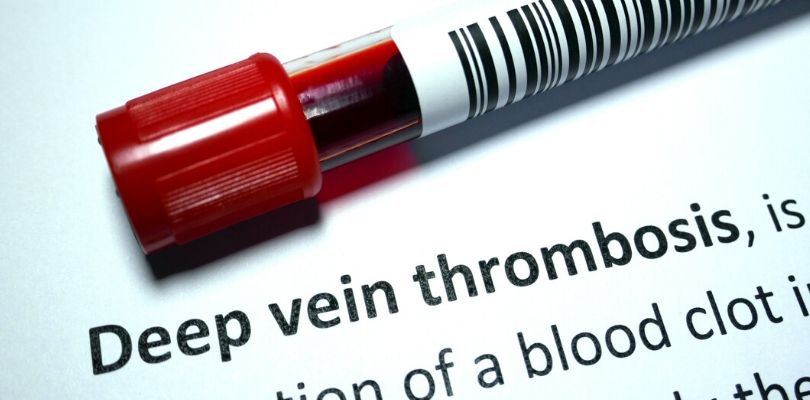6. Utilize Nicotine Replacement Therapy
When you swap out your cigarettes for other nicotine substitutes like the patch, nicotine gum, nasal spray, etc., it relieves some of the withdrawal you may experience since you will still be getting a small, steady dose of nicotine. The idea behind this treatment is to break the psychological addiction.
Once you have kicked the urge for cigarettes, you’ll need to break your reliance on the nicotine substitute.
7. Cleanse Your Life of Smoking Products
Get rid of anything that goes hand-in-hand with the habit.
Remove cigarettes, lighters, ashtrays and the like from your life. You need to get all of the products out of your home, car and work. Go on a deep-cleaning spree, shampoo your carpets and steam clean your furniture to try and eliminate the smoke smell from your life.
Try to do the work yourself; it will help inspire you to keep your life smoke-free to avoid having to do this process again.
8. Find Your Motivation
You may turn to a self-help website or book and they will help you find a lengthy list of ways to give up the habit.
Think about the big reasons you want to stop smoking. It can be your health, to be a better role model for your children, or to save money.
Having this motivation will provide you with an incentive to stay away from cigarettes. Remind yourself of these motivations with pictures or words to remind you what is important.
9. Avoid Alcohol
For many people, smoking and drinking go hand-in-hand. After a few drinks, it gets more difficult to deny yourself a cigarette. Don’t put yourself in a position where you will compromise your willpower.
10. Hypnosis
This is not the kind of hypnotism you see at events where you end up making chicken sounds when you hear a bell. Hypnosis has proven to be a popular choice for people looking to quit smoking.
The hypnotist lures you into an extremely relaxed state, making you open to suggestions to strengthen your will to stop smoking and also fuel your negative feelings toward smoking.
Can E-Cigarettes Help Me Quit Smoking?
Vaping seems less dangerous than smoking cigarettes. Since this is still a relatively new trend, studies and data are still being analyzed and have met with conflicting results.
There are some downsides to vaping, which should be taken into consideration. The liquid used still contains nicotine and can contribute to high blood pressure and diabetes.
Nicotine is also dangerous to brain development in children and teens. Flavoring agents in the liquid can cause chronic lung disease. Some vaporizers can create a large number of toxins, like formaldehyde.
Where Can I Find Free Smoking Cessation Resources and Supplies?
Talk to your doctor about smoking cessation products and whether medication is the right choice for you.
You can download apps, such as QuitNow! or Smoke-Free, from your phone’s app store that will provide your smoking history, calculate money saved, inspire you, create challenges and offer tips for staying smoke-free.
There are some sites online, such as Leave the Pack Behind, which will send you a free eight-week supply of nicotine patch or gum. Your government or state may also help cover the cost of nicotine replacement therapy products. Depending on your state, you may need to meet certain criteria, such as low income, to benefit from government assistance with quitting.
Search the smoking cessation program on your state's website to find out what is covered for you.
Quitting Smoking Timeline: How Long Does it Take to Quit Smoking?
- You start to see the benefits as soon as 20 minutes after your last smoke. After 20 minutes your blood pressure will drop a little bit.
- After eight hours, the carbon monoxide in your blood lowers to a normal level. Once you have been smoke-free for a full day, your risk of heart attack begins to drop.
- Over the next few months, you are able to breathe easier, your lungs start to work better and you cough less.
- After a year, your added risk of coronary heart disease is half of what it was when you were smoking.
- At five years, your chance of having a stroke is the same as a non-smoker.
- After 10 years of not smoking, your chance of dying from lung cancer or contracting cancer in your mouth, throat, esophagus is much lower.
Are There More Benefits to Quitting Smoking?
If your health is not enough of a reason to quit, you also reap additional benefits by giving up the habit. Do the math and figure out how much money you save now that you’re not supporting your habit.
Becoming a non-smoker can also yield better premiums for life and health insurance. With the strict rules on where you can smoke, you no longer have to go searching for a place to light up. Best of all, you will be proud of yourself for getting cigarettes out of your life.
Giving up cigarettes is a significant challenge, but the benefits outweigh the cost. Stay positive and keep your chin up. What you are doing is challenging and commendable. Keep at it!
Resources
Helpguide.org (How to Quit Smoking)Reader’s Digest (The 23 Best Ways to Quit Smoking)British Columbia (BC Smoking Cessation Program)Leave the Pack Behind (Quitting with the Nicotine Patch and Gum)Why Quit (What is Nicotine?)Government of Canada (Benefits of Quitting Smoking)What causes obesity? There are multiple risk factors of obesity, ranging from age, genetics, lifestyle to certain health conditions and medications.







